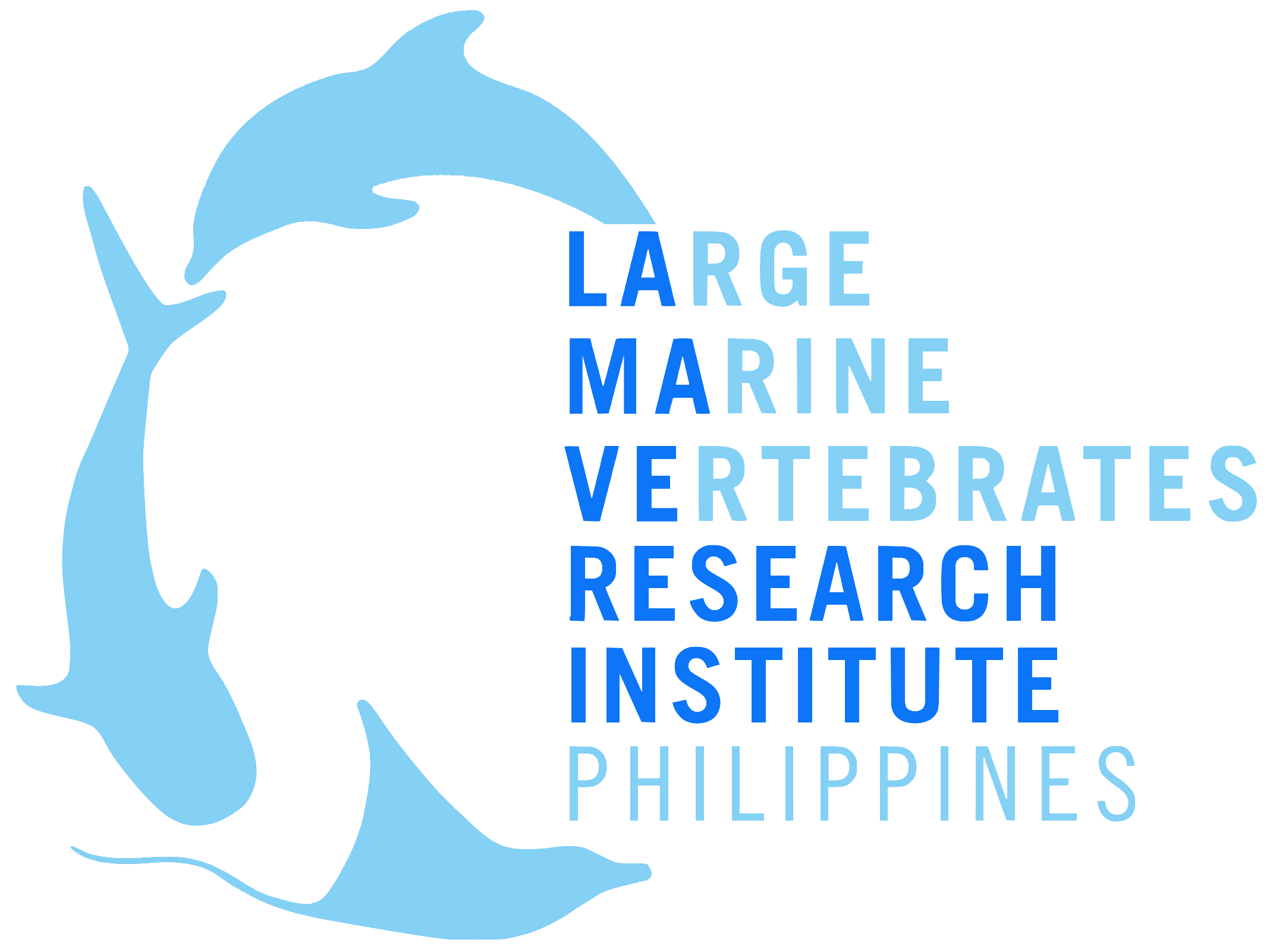NEWS
Working together to strengthen marine animal stranding response and rescue
A marine animal can strand for any number of reasons, from disease or pollution to fishery interactions. For animals that find themselves out of the water, or trapped in shallow areas, ultimately it is the response of local people that ensures whether it can get back in the water, and the difference between life and death.
As part of our efforts to increase wildlife protection and response, this year our team have been collaborating with a number of government agencies and organisations to support and execute trainings both within Palawan and other provinces. Within Palawan this work contributes to our Memorandum of Agreement (MOA) with the Palawan Council for Sustainable Development (PCSD) - a Collaborative Project to Enhance Marine Megafauna Knowledge and Conservation in Palawan and Southeast Asia by formulating strategies and activities aiming to enhance and bolster the marine wildlife conservation efforts in Palawan.
Collaborative efforts are fundamental for effective response and rescues. Below are a few of the trainings we have had the pleasure of contributing to and the fantastic communities and stakeholders working hard to enhance marine wildlife protection in their local areas.
Dugong stranding prompts multi-agency and private sector response training in Puerto Princesa City
In September this year, the City Environment and Natural Resources Office (City ENRO) of Puerto Princesa City, through its Wildlife Management Services Division, conducted a two-day training on Basic Rescue and Response for Large Marine Mammals and Other Marine Wildlife, at Astoria Palawan in Barangay San Rafael, Puerto Princesa City. The initiative was organized following a marine mammal stranding incident within the resort’s managed area, prompting Astoria Palawan’s management to collaborate with the City ENRO to train its frontline staff on proper marine wildlife rescue and response procedures. Resource persons from City ENRO–Bantay Dagat, C3 Philippines, the Palawan Council for Sustainable Development Staff (PCSDS), and the Large Marine Vertebrates Research Institute Philippines (LAMAVE) shared their expertise and best practices on marine mammal response and management.
The Municipal Government of Roxas strengthens the capacity of its “marine front-liners”
In support of the municipality’s ongoing commitment to strengthen local capacity for wildlife protection and response, the Municipal Government of Roxas, through the Environmentally Critical Areas Network (ECAN) Board and the Local Conservation Area (LCA) Technical Working Group, organized a training on Basic Rescue and Response for Large Marine Mammals and Other Marine Wildlife. Participants included members of the LCA-TWG, representatives from barangay LGUs, MENRO, CENRO, the ECAN Board Monitoring and Enforcement Team, Bantay Dagat, Bantay Gubat, and other local responders. Kalei Suza, our Project Leader for Marine Turtle Conservation was able to attend and contribute to the training.
Enhancing stakeholder capacity in Moalboal, located on the shores of the Tañon Strait Protected Seascape (TSPS)
Led by Vice Mayor Hon. Jinky Hanika, the training aimed to enhance the capacity of local stakeholders in sea turtle rescue and conservation through lectures and practical sessions facilitated by LAMAVE for Moalboal's Pawikan First Response and Necropsy Training. Participants included representatives from DENR-TSPS, the Coast Guard, Bantay Dagat, Cebu Divers Associations, LGU-Moalboal, and Cebu Technological University, College of Fisheries and Allied Sciences (CFAS) faculty and staff.
Supporting stakeholders in the Ticao-Burias Pass Protected Seascape for marine animal rescue
In July this year a Marine Megafauna Stranding Response Training was held in Donsol, Sorsogon in collaboration with WWF-Philippines, DENR and BFAR. The training set out to enhance the preparedness and response capacity of relevant stakeholders in the Ticao-Burias Pass Protected Seascape, a rich and biodiverse area with waters in multiple municipalities. The training focused on rescue responses involving marine mammals, sea turtles, and other large marine fauna.
Congratulations to everyone that contributed and participated to these trainings; together we can ensure marine animals in need of rescue have a fighting chance.
Remember! If you encounter a stranded marine animal report it to your local authority immediately so they can organise a response.
If you are interested in supporting this work donations of any amount make a difference. Smaller donations can support our team to respond to stranding and/or contribute to turtle rehabilitation costs (food, medicine). Larger donations can support training initatives.













